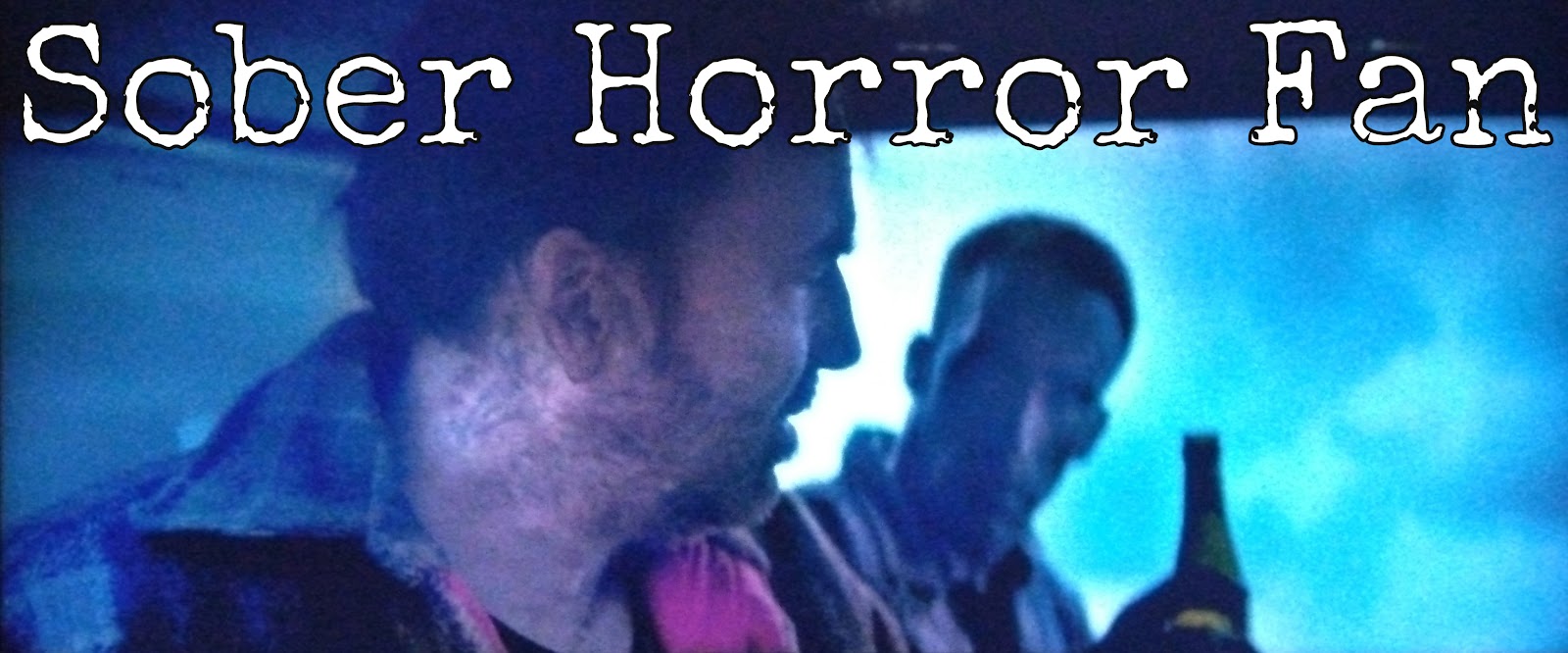Hagazussa (2017)
Day 22 of Sobriety.
Lukas Feigelfeld's debut feature
Hagazussa is a strange film. It is a film about… What exactly? On
the surface, witchcraft, but really, so much more. It has been a few
days since I watched it, and I am still processing it. It’s set on a
remote mountain in the Austrian Alps in the 15th century. The story
spans 15 years of a young, geographically and socially isolated girl’s
descent to witchcraft, or madness, or both. It is very slowly paced and
obliquely plotted, visually beautiful with superb atmospheric
soundtrack. It is a good example of what I like to call a “trance
movie.” I found it utterly haunting, and I loved it.
As
I said, the story is told very slowly and sparsely. Relying on
suggestion and subtle visual cues and clues. There is little in the way
of exposition. This could be frustrating or refreshing, depending on how
you feel about it. I found it a bit of both, I suppose, but I the film
couldn’t really be any other way and still achieve the effect it does.
But although the narrative might, on the surface at least, be sparse,
the film has a real richness to it. It is incredibly atmospheric and
evocative of its time and place, and of the way of life of the people it
depicts—including their traditions and superstitions. I don’t know  how
realistic it really is, because I know almost nothing about that part of
the world or its culture, but I found the film absolutely convincing. Visually,
the film is stunning. The setting of the Austrian Alps throughout the
different seasons looks incredible. The performances of the fairly small
cast are 100% believable too, making for a truly immersive experience
that drew me into its world.
how
realistic it really is, because I know almost nothing about that part of
the world or its culture, but I found the film absolutely convincing. Visually,
the film is stunning. The setting of the Austrian Alps throughout the
different seasons looks incredible. The performances of the fairly small
cast are 100% believable too, making for a truly immersive experience
that drew me into its world.
 how
realistic it really is, because I know almost nothing about that part of
the world or its culture, but I found the film absolutely convincing. Visually,
the film is stunning. The setting of the Austrian Alps throughout the
different seasons looks incredible. The performances of the fairly small
cast are 100% believable too, making for a truly immersive experience
that drew me into its world.
how
realistic it really is, because I know almost nothing about that part of
the world or its culture, but I found the film absolutely convincing. Visually,
the film is stunning. The setting of the Austrian Alps throughout the
different seasons looks incredible. The performances of the fairly small
cast are 100% believable too, making for a truly immersive experience
that drew me into its world. It may seem like a superficial comparison, but I was reminded to some extent of Robert Eggers’ The Witch
(2015). Perhaps due to the similar period (give or take a couple of
hundred years), the rural setting, and the themes of witchcraft and dark
superstitions that become real. The Witch is a far more conventional film than Hagazussa, however.
It may seem like a superficial comparison, but I was reminded to some extent of Robert Eggers’ The Witch
(2015). Perhaps due to the similar period (give or take a couple of
hundred years), the rural setting, and the themes of witchcraft and dark
superstitions that become real. The Witch is a far more conventional film than Hagazussa, however.Having taken a look at the IMDB reviews, I see that some people were very frustrated by Hagazussa’s
slow pace and sparse and plotting, so maybe it is not for everyone. To
me, though, it was almost like immersing myself in a very dark—and
frightening—visual poem, and I am very much looking forward to
revisiting it in the future.






Comments
Post a Comment